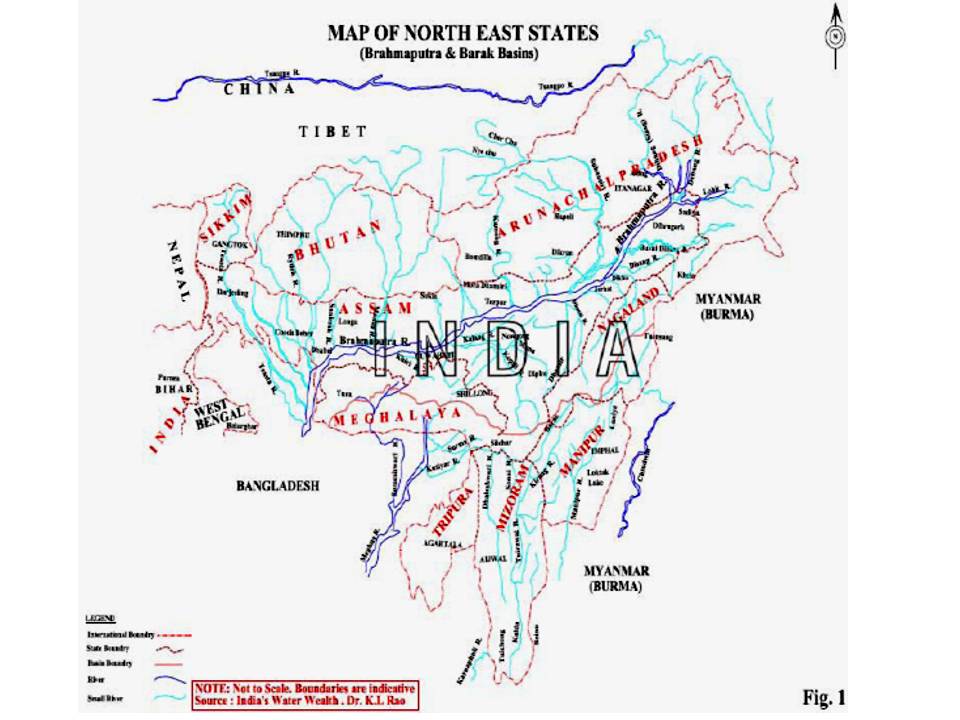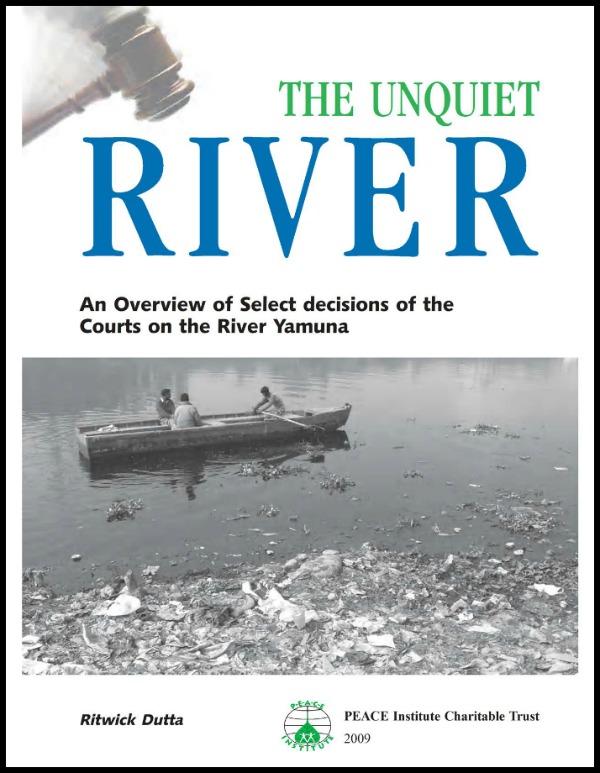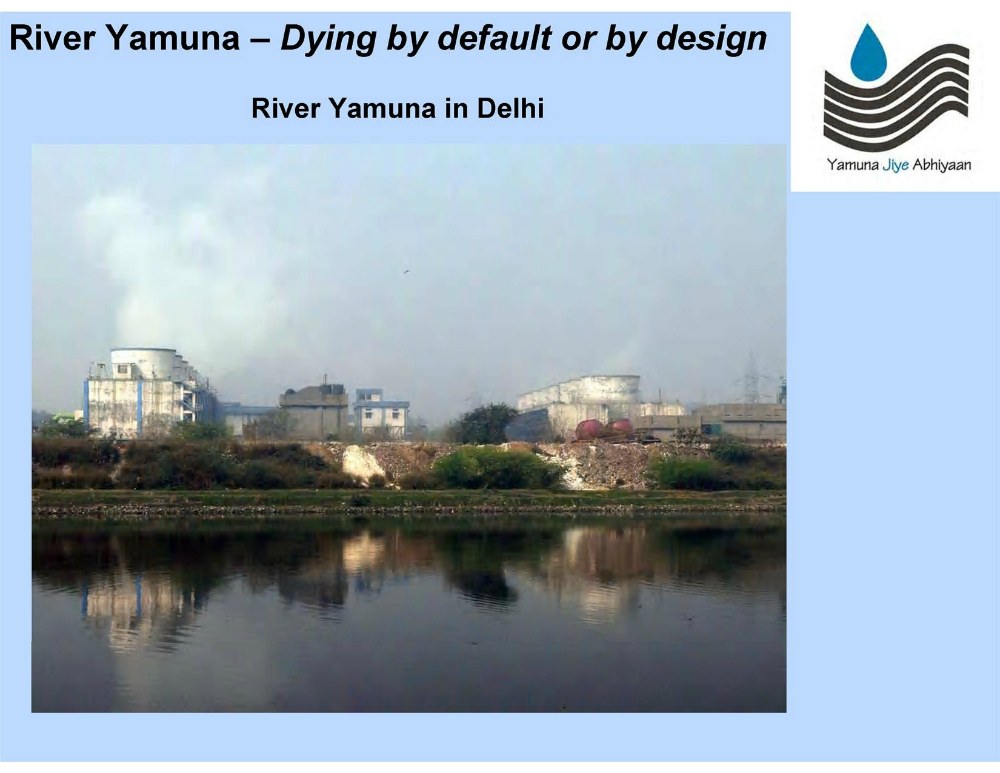Rivers
Alternative National Water Policy: Ramaswamy Iyer's response to comments by Rahul Banerjee and Chetan Pandit in EPW
Posted on 04 Feb, 2012 06:44 PMGuest post: Ramaswamy R Iyer
This is in response to the comments made by Rahul Banerjee (“National Water Policy”, 13 August 2011) and Chetan Pandit (“Alternative National Water Policy: A Critique”, 10 September 2011) on my article “National Water Policy: An Alternative Draft for Consideration” (25 June 2011).
Epigrammatic Style
River basin planning for Ganga : Lessons from Murray-Darling Basin Authority
Posted on 02 Feb, 2012 09:15 PMThis interactive session with NGOs working on water and river issues was held in continuation of the “Living rivers, dying rivers” series at the request of AusAid. The meeting was chaired by Prof. Ramaswamy R. Iyer, Honorary Professor, Centre for Policy Research and an author of books and articles on water while the lead speaker Dr.
Draft of the National Water Policy 2012 released by the Ministry of Water Resources (MoWR) on 31st January 2012 invites comments from the general public till 29th Feb 2012
Posted on 01 Feb, 2012 02:01 PMA section of the water sector practitioners and experts, have been engaged in the process, and a summary of the discussions so far, is available here.
Saving some last remaining free flowing rivers
Posted on 24 Jan, 2012 06:38 AMGuest post by: Parineeta Dandekar
Bangledesh's perspectives on Tipaimukh dam
Posted on 18 Jan, 2012 11:33 PMThe Indian government and two other Indian authorities have signed an agreement on October 22, 2011 regarding construction of the Tipaimukh Dam.
Hydropower in the Northeast: Potential and harnessing analysis - A critique
Posted on 15 Jan, 2012 11:41 PMThe main objectives of the hydropower study are as follows:
- An analysis of the hydropower potential in the Northeast and key elements of the strategy that should be followed for optimal realization of this potential
- An overview of the hydropower development options in the Northeast with regard to the water resources in the different river basins, including consideration of flood control and irrigation

Map of the north-east states
SANDRP invites applications for a Researcher, Delhi
Posted on 15 Jan, 2012 09:29 AM
South Asia Network on Dams, Rivers and People (SANDRP), an informal network working on issues related to rivers, large dams and their impacts,sustainability and governance is looking for a Researcher.
The unquiet river: An overview of select decisions of the courts on the river Yamuna
Posted on 14 Jan, 2012 06:40 PMThe river has attained the distinction of being perhaps the river attracting the most judicial attention in india, after the Ganga. This report analyses the various laws and judicial decisions pertaining to the Yamuna and their effects on the river.
River Yamuna - Dying by default or by design: A public lecture on river Yamuna
Posted on 14 Jan, 2012 05:24 PMIt aims to inform, enlighten and suggest solutions to bring back the river Yamuna to a healthy and resilient state.

India, Pakistan and water - Lecture by Ramaswamy Iyer at MIDS
Posted on 12 Jan, 2012 10:57 PMIt traces the roots of the conflicts to the strained relations between India and Pakistan following the partition and the framing of the Indus Water Treaty in 1960.




